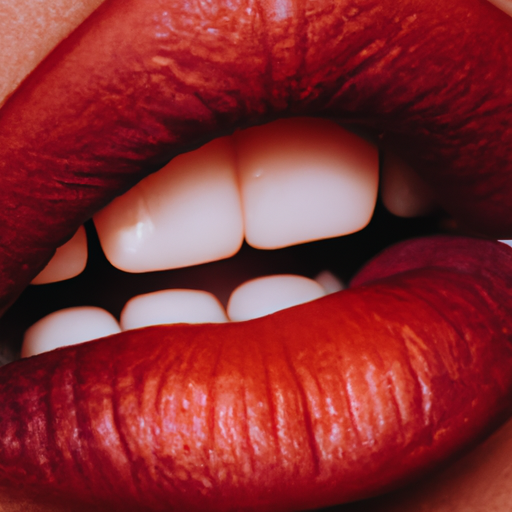As a dermatologist, I often encounter patients who are perplexed by the persistent dryness and chapping of their lips. Despite their best efforts to keep their lips moisturized, they find themselves in a constant battle with this uncomfortable condition. This article aims to unravel the mystery behind chapped lips and shed light on its causes.
Chapped lips, medically known as cheilitis, is a common condition characterized by dryness, flaking, cracking, or soreness of the lips. While it’s often seen as a minor annoyance, severe cases can cause significant discomfort and even pain. Understanding the underlying causes of chapped lips is the first step towards effective treatment and prevention.
The most common cause of chapped lips is environmental factors. Exposure to harsh weather conditions such as cold, dry air or excessive sun exposure can strip the lips of their natural moisture, leading to dryness and cracking. Unlike the rest of our skin, our lips lack oil glands, which makes them particularly vulnerable to drying out.
Dehydration is another major culprit behind chapped lips. When your body is dehydrated, it affects all organs, including your skin and lips. Not drinking enough water can lead to dry and cracked lips. Similarly, certain behaviors like licking your lips can exacerbate the problem. Although it might seem like a good idea at the moment, saliva evaporates quickly, leaving your lips drier than before.
Certain medications and health conditions can also contribute to chapped lips. Drugs that treat acne, high blood pressure, or thyroid disorders can cause lip dryness as a side effect. Conditions such as diabetes, hypothyroidism, and Sjogren’s syndrome can also lead to persistent lip dryness.
Furthermore, allergic reactions or sensitivities to certain lip products or foods can cause chapped lips. Ingredients like phenol, menthol, and salicylic acid found in some lip balms can irritate the lips, leading to dryness and peeling. Similarly, certain foods and drinks, especially spicy or acidic ones, can cause a similar reaction.
Lastly, nutritional deficiencies can play a role in causing chapped lips. Vitamins B and E, iron, and essential fatty acids are crucial for maintaining healthy skin and lips. A deficiency in any of these nutrients can lead to dry and chapped lips.
Now that we’ve unraveled the mystery behind chapped lips, it’s important to remember that prevention is better than cure. Protecting your lips from harsh weather by using a lip balm with SPF, staying hydrated, avoiding lip-licking, and maintaining a balanced diet can help keep your lips soft and healthy.
However, if you find your chapped lips persist despite your best efforts, it may be time to consult a dermatologist. Persistent chapped lips can sometimes be a sign of an underlying health issue that needs medical attention. As dermatologists, we can help identify the cause and recommend appropriate treatments to alleviate your discomfort and restore the health of your lips.
In conclusion, chapped lips are more than just a minor annoyance. They can be a sign of underlying health issues or unhealthy habits. By understanding the causes behind chapped lips, you can take proactive steps towards prevention and treatment. Remember, your lips are an integral part of your skin and deserve as much care and attention as the rest of your body.



